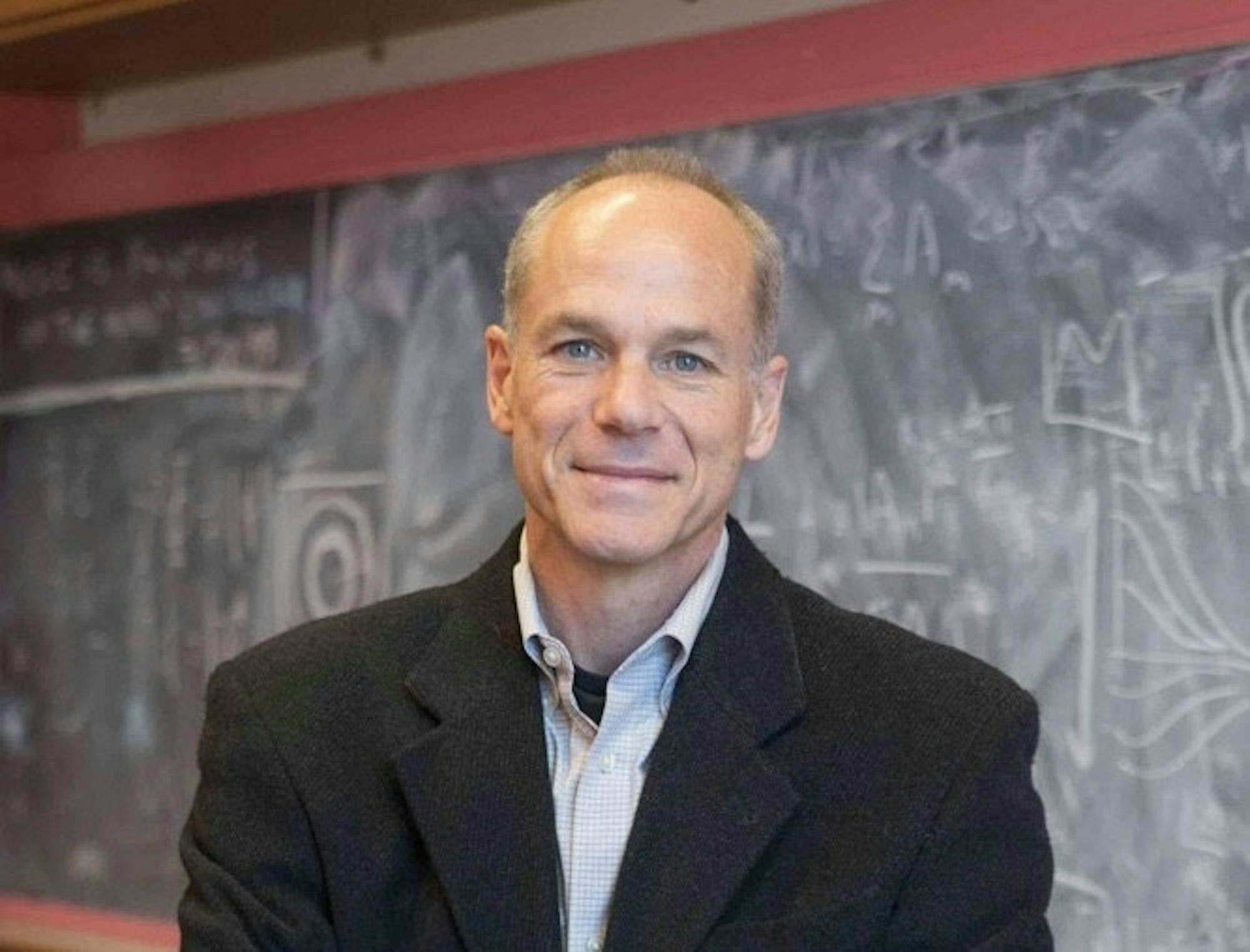This spring, physics professor Marcelo Gleiser is leading PHYS 82.01, “Question Reality!” for the first — and last — time in person. Gleiser said this is his last term teaching at the College.
According to Gleiser, the course teaches Dartmouth undergraduates about “what it means to be human.” Gleiser said he developed the course in 2017 based on his book “The Island of Knowledge: The Limits of Science and the Search for Meaning” for DartmouthX, an online collection of college-level courses available to the public. “Question Reality!” actively ran as an online course on DartmouthX from Jan. 2017 to March 2017, but the course materials have remained online since.
As a DartmouthX resource, “Question Reality!” has been viewed by “tens of thousands of people around the world,” according to Gleiser. He added that the online materials for the class will remain available on DartmouthX after he finishes teaching at Dartmouth.
While “Question Reality!” is currently listed on Dartmouth’s course timetable under the physics department, Gleiser said the class is “designed for all students” — explaining that students explore the “very big questions” about life through physics, math, biology and the humanities.
“It’s kind of the best thing you can hope for in a liberal arts education, because you have all these different people thinking about how we make sense of the world,” he said.
The course is divided into three parts —“Cosmos,” “Matter” and “Mind.” Students explore how humans have “constructed a story about who we are in the world for the last few thousand years,” Gleiser explained.
During the cosmos unit, for example, the class discusses “what [the cosmos] even means” and philosophical questions such as, “What is the universe?” When the class shifts to discussions on matter, its scope ranges “from ancient Greece to quantum physics.”
Leyla Jacoby ’25, a quantitative social science major who said she usually prefers the social sciences, said she has found the class to be “really accessible” because of its interdisciplinary nature. She added that the combination of traditional science majors and non-science majors in the class have “made the conversations really interesting.”
Jonas Rosenthal ’25, a Middle Eastern studies and math major, said he enrolled in “Question Reality!” because it aligned with his interest in the “intersection between the humanities and sciences.”
“A lot of times at Dartmouth, classes are very siloed into one division or the other,” Rosenthal said. “And here was a class that was really talking about the intersection of science, philosophy, mathematics, history and human culture.”
Beyond its interdisciplinary focus, Geiser said the class encourages students to actively participate in the learning process. Students are encouraged to “extract” distinct topics that matter to them from the overarching themes of the course by leading discussions.
“I lecture once a week, maybe twice in the beginning [of the term] just to get things going,” Gleiser said. “But every Friday, I try to reproduce Plato’s Academy … On Wednesdays, I give questions to the [students], and on Fridays, they give questions to the class.”
Rosenthal said Gleiser’s approach to learning makes complex theoretical subjects more palatable.
“I thought that [Gleiser] took [the class subject] from this sort of abstruse, geometrical quirk to a really interesting, philosophical conversation about what you’re actually trying to do and what you’re actually trying to get out of science and scientific method,” he said.
According to Gleiser, another major component of the course is a weekly journal assignment.
“[The journal] is not just a repetition of topics but it’s really a reflection of how the stuff that we discussed hits you as a person, as a thinker,” Gleiser said. “It’s almost like an examination of how those topics make you feel and think about the world, and as they do, they change the way you think about it.”
Jacoby said her weekly journal is both a worthwhile exercise and an opportunity to be “more reflective” and “actively engaged” in the course.
Gleiser said the course has influenced how he approaches teaching his other class, PHYS 1, “Understanding the Universe.” He said he hopes his students walk away from “Question Reality!” with “a completely different view of the world.”
“I make a very clear point, always, that the same question can have many ways of being answered,” Gleiser said. “So when you ask something like, ‘What is matter? What is the universal waste? What is mind?,’ there is a scientific way of thinking about that … But there are many other ways of thinking about that which are true to the humanities, to poetry, to religion [and] to different kinds of cultures.”
Kelsey Wang is a reporter and editor for The Dartmouth from the greater Seattle area, majoring in history and government. Outside of The D, she likes to crochet, do jigsaw puzzles and paint.




